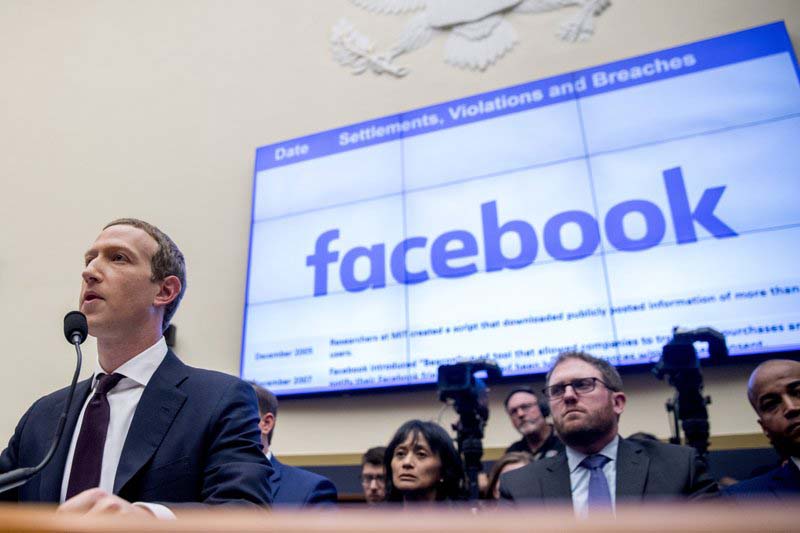

Facebook the company is losing control of Facebook the product — not to mention the last shreds of its carefully crafted, decade-old image as a benevolent company just wanting to connect the world.
Thousands of pages of internal documents provided to Congress by a former employee depict an internally conflicted company where data on the harms it causes is abundant, but solutions, much less the will to act on them, are halting at best.
The crisis exposed by the documents shows how Facebook, despite its regularly avowed good intentions, appears to have slow-walked or sidelined efforts to address real harms the social network has magnified and sometimes created. They reveal numerous instances where researchers and rank-and-file workers uncovered deep-seated problems that the company then overlooked or ignored.
Final responsibility for this state of affairs rests with CEO Mark Zuckerberg, who holds what one former employee described as dictatorial power over a corporation that collects data on and provides free services to roughly 3 billion people around the world.
“Ultimately, it rests with Mark and whatever his prerogative is — and it has always been to grow, to increase his power and his reach,” said Jennifer Grygiel, a Syracuse University communications professor who’s followed Facebook closely for years.
Zuckerberg has an ironclad hold on Facebook Inc. He holds the majority of the company’s voting shares, controls its board of directors and has increasingly surrounded himself with executives who don’t appear to question his vision.
But he has so far been unable to address stagnating user growth and shrinking engagement for Facebook the product in key areas such as the United States and Europe. Worse, the company is losing the attention of its most important demographic — teenagers and young people — with no clear path to gaining it back, its own documents reveal.
Young adults engage with Facebook far less than their older cohorts, seeing it as an “outdated network” with “irrelevant content” that provides limited value for them, according to a November 2020 internal document. It is “boring, misleading and negative,” they say.
In other words, the young see Facebook as a place for old people.
Facebook’s user base has been aging faster, on average, than the general population, the company’s researchers found. Unless Facebook can find a way to turn this around, its population will continue to get older and young people will find even fewer reasons to sign on, threatening the monthly user figures that are essential to selling ads. Facebook says its products are still widely used by teens, although it acknowledges there’s “tough competition” from TikTok, Snapchat and the like.
So it can continue to expand its reach and power, Facebook has pushed for high user growth outside the U.S. and Western Europe. But as it expanded into less familiar parts of the world, the company systematically failed to address or even anticipate the unintended consequences of signing up millions of new users without also providing staff and systems to identify and limit the spread of hate speech, misinformation and calls to violence.
In Afghanistan and Myanmar, for instance, extremist language has flourished due to a systemic lack of language support for content moderation, whether that’s human or artificial intelligence-driven. In Myanmar, it has been linked to atrocities committed against the country’s minority Rohingya Muslim population.
But Facebook appears unable to acknowledge, much less prevent, the real-world collateral damage accompanying its untrammeled growth. Those harms include shadowy algorithms that radicalize users, pervasive misinformation and extremism, facilitation of human trafficking, teen suicide and more.
Internal efforts to mitigate such problems have often been pushed aside or abandoned when solutions conflict with growth — and, by extension, profit.